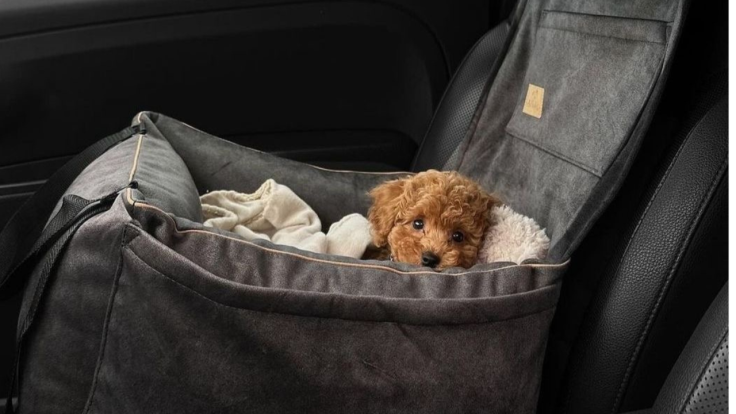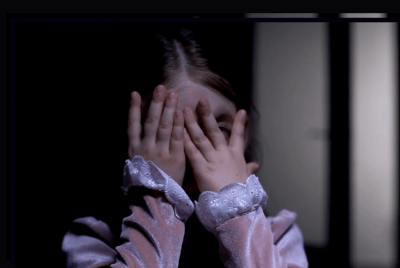'Absolute Nightmare': RSPCA Calls for Crackdown After Bonfire Night Triggers Animal Chaos
RSPCA and shelters report distress, deaths and rising public anger over unregulated backyard firework use

As the smoke cleared from this year's Bonfire Night celebrations, animal welfare organisations across the UK reported another wave of distress calls, injured pets and traumatised wildlife. The RSPCA and independent sanctuaries said the scale of animal suffering was a 'nightmare' — and warned that unless regulations change, next year could be worse.
'A Night of Panic' for Animals Across the UK
The RSPCA said it has been overwhelmed by reports of pets fleeing homes, horses bolting from fields and wildlife burned in unattended bonfires. The charity described the weekend as 'a night of panic for animals nationwide,' citing multiple incidents where dogs died after escaping during firework displays.
At The Happy Pants Ranch, a Kent animal sanctuary, volunteers said frightened animals refused food for days and called for the public to 'remember that fireworks might seem fun — but for animals, they can be deadly.' The group has launched a new petition urging the government to restrict private firework use and mandate 'quiet zones' in rural and residential areas.
Calls Grow for Limits on Private Fireworks
While large, organised Bonfire Night displays are usually well sign-posted and regulated, the RSPCA says the real danger now comes from private, unlicensed backyard events that erupt across neighbourhoods for days before and after 5 November.
'We know 66 per cent of pet owners say that backyard firework displays are a major concern which highlights the levels of anxiety and worry that so many animal owners have as we approach the fireworks season - especially given how impossible it can be to know when someone is going to let off fireworks in your area,' an RSPCA spokesperson said.
Wildlife Also Hit Hard
Environmental groups say the effects reach far beyond domestic pets. According to the BBC, rescue centres reported that hedgehogs, foxes, and birds were injured or killed in bonfires that were mistakenly built over their nests. Even after the flames die down, plastic casings and chemical debris litter parks and fields, posing longer-term hazards to wildlife.
Local councils across England and Wales have received hundreds of complaints about litter and noise. Several are considering pilot schemes for 'firework-free zones' and alternatives using drones or laser lights, which are gaining popularity for public events.
Public Sentiment Shifting
Social-media platforms were flooded this week with videos of shivering pets and frantic calls for reform, amplifying the sense that the tradition may have reached a turning point. Increasingly, animal advocacy groups are urging the public to sign petitions regarding firework regulations in an effort to mitigate the issue.
At the same time, defenders of Bonfire Night argue that it remains an important cultural event. Many urge better education rather than bans — encouraging organisers to alert neighbours, secure bonfires, and choose low-noise fireworks.
A Tradition Under Review
What was once a communal spectacle in local parks has evolved into a decentralised ritual of private displays, stretching over several nights and spreading across residential areas. Animal advocates say this shift has transformed a cherished tradition into an annual ordeal for millions of pets and wild creatures.
As petitions circulate and councils debate regulation, the question is whether Britain's firework culture can adapt to a more animal-friendly era or whether Bonfire Night, as it is currently celebrated, is now due for serious reconsideration.
© Copyright IBTimes 2025. All rights reserved.




















